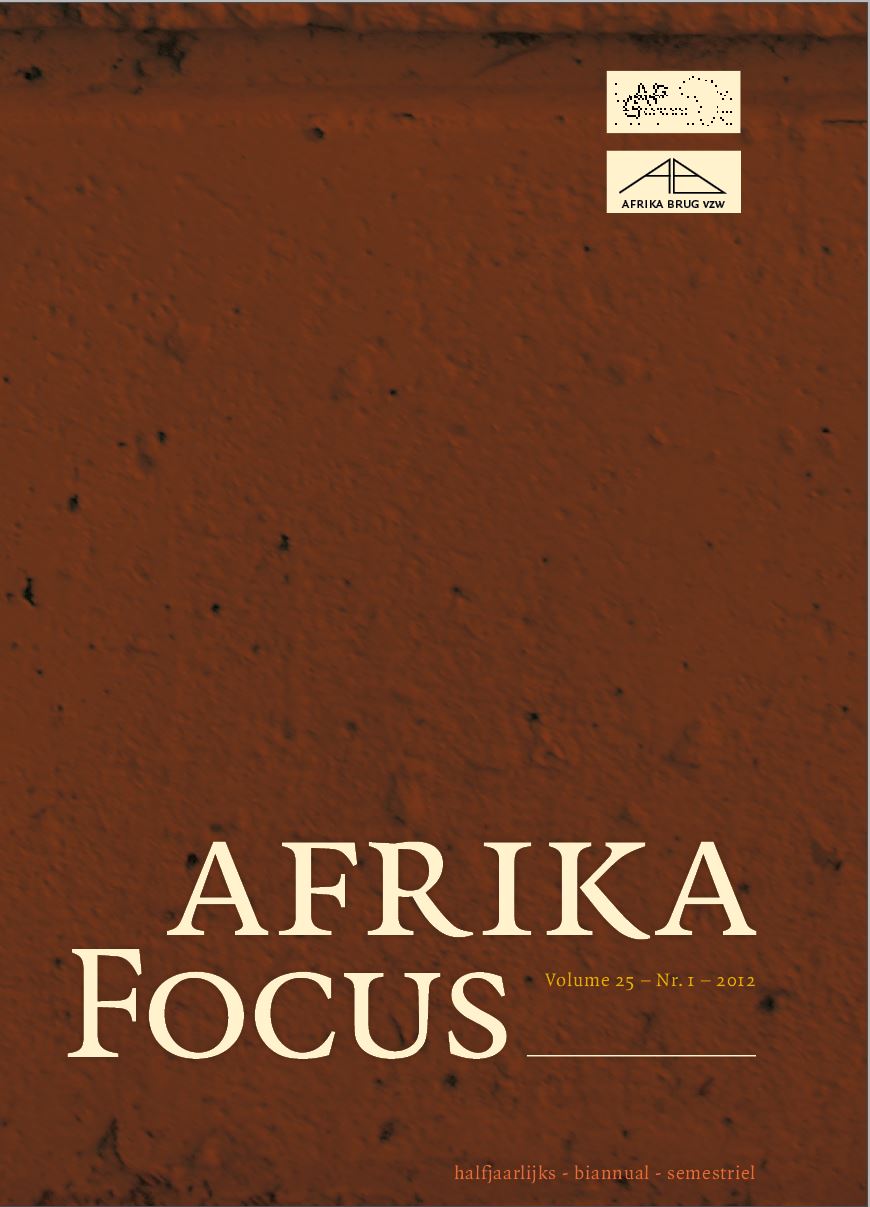Social impact and impoverishment risks of the Koga irrigation scheme, Blue Nile basin, Ethiopia
DOI:
https://doi.org/10.21825/af.v25i1.4962Abstract
The Koga project is the first new large-scale irrigation scheme in the Blue Nile river basin since the 1970s and may thus serve as an example of the tremendous changes of landscape and livelihood that are accompanying current water development projects in Ethiopia. This article analyzes the impoverishment risks arising out of the development-induced relocation of households in Koga. Following the Impoverishment Risk and Reconstruction model, seven of eight impoverish- ment risks could be identified, namely temporal landlessness, homelessness, joblessness, social marginalization, loss of household assets, social disarticulation and food insecurity, though the majority of relocated households succeeded in moving to other rural areas and did not face the challenges caused by urbanization. The Koga project and the local municipality undertook activities to reverse the impoverishment risk for the relocated households, but focused on the recon- struction of material livelihood assets (land, houses and compensation). The extent of rural-urban migration as a result of the project was underestimated. Proactive activities by the affected households succeeded in reducing their risk of impoverishment if they were informed early enough about the irrigation project. Key words: development-induced displacement, impoverishment risk, irrigation, EthiopiaDownloads
Published
How to Cite
Issue
Section
License
Authors who publish with this journal agree to the following terms
Authors retain copyright and grant the journal right of first publication with the work simultaneously licensed under a Creative Commons Attribution License that allows others to share the work with an acknowledgement of the work's authorship and initial publication in this journal.
Authors are able to enter into separate, additional contractual arrangements for the non-exclusive distribution of the journal's published version of the work (e.g., post it to an institutional repository or publish it in a book), with an acknowledgement of its initial publication in this journal.
Authors are permitted and encouraged to post their work online (e.g., in institutional repositories or on their website) prior to and during the submission process, as it can lead to productive exchanges, as well as earlier and greater citation of published work (See The Effect of Open Access).


